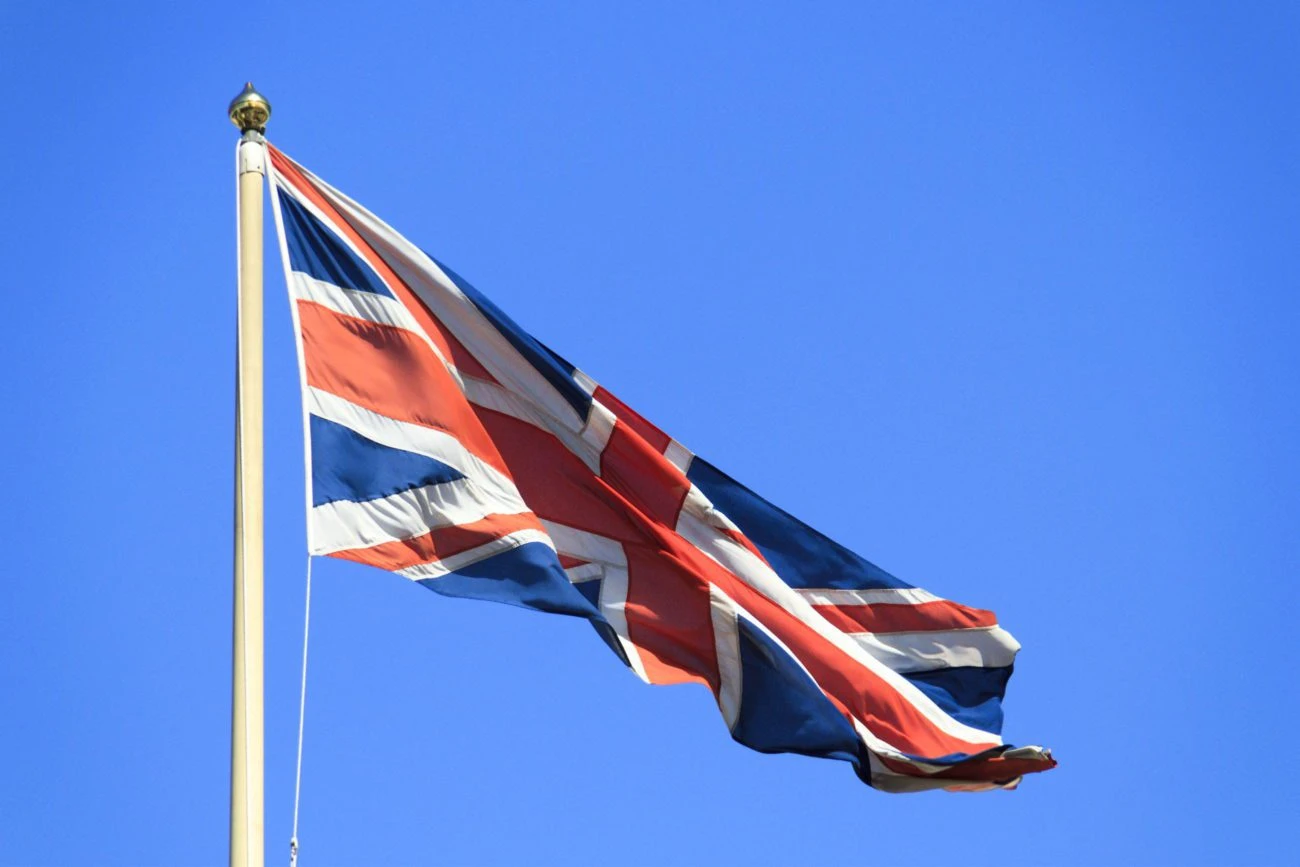GambleAware: Two-thirds of British adults hide gambling problems

Commissioned by GambleAware, the Ipsos-led study looks at barriers to opening up about experiencing problems with gambling. Results are based on the responses of 4,207 adults aged 18-75 across Britain.
The report follows the industry’s annual awareness-raising drive to highlight responsible gambling, Safer Gambling Week.
Of those who experienced gambling problems, 64% said they have never spoke to anyone about it. Some 39% said this was due to reasons such as stigma and discrimination.
Main barriers flagged by those in this group include feeling ashamed or guilty (17%) or worried that others would judge them (13%). Separately, 24% said they have not spoken to someone as they felt able to deal with the problem themselves.
Other key findings in the study included how there is often a delay in speaking to someone about problems experienced from gambling. Some 67% of people who spoke to someone did so within 12 months, while 28% waited more than a year.
Positive results for those who open up about gambling problems
However, the research also found those who did open up felt better for doing so. Some 76% were positive about speaking to someone, with 63% saying they wish they had sought help sooner.
For those who did open up, 61% said problems they were experiencing with gambling were significantly impacting them.
As to why certain people were motivated to speak with someone, the main reason for doing so was that gambling negatively was impacting their mental health, with 23% saying this was the main reason. A further 22% said it was because gambling was negatively impacting their finances and 21% wanted help to reduce or stop gambling.
In terms of to whom people turned, family was the main contact point. A total of 34% of those who spoke to someone contacted a family member.
Instant win games flagged as most addictive form of gambling
Turning to the types of gambling that people are most likely to struggle with, the report said instant win games were regarded as the most addictive form of gambling.
Some 71% of all survey respondents flagged instant win games as being “very” or “fairly” addictive. This figure fell slightly to 68% when looking at those who gambled in the past 12 months.
Scratchcards were next, with 64% of all respondents voting them as being addictive in some way. Casino card games were ranked third, with 62% saying these games are either very or fairly addictive.
The activity seen as the least problematic was esports betting, with 48% of respondents saying it is addictive. This dropped to 40% for those who gambled in the last 12 months.
Researchers said these perceptions are consistent with the views of the general public. The study added that all respondents said each form of gambling was addictive in some way.
GambleAware encourages more people to seek help in new campaign
The report is the second major GambleAware-backed study on gambling harm this year. It builds on research published earlier in the year that focused on Scotland.
This led to GambleAware launching a national public health campaign in Britain to reduce stigma associated with gambling harm. GambleAware will now roll out the next phase of this campaign to encourage more people to talk about gambling problems.
The campaign is being supported by a range of people who are sharing their experience and perspective on the issue. These include football commentator Clive Tyldesley and presenter Scott Thomas, who has lived experience.
“It’s alarming to see the number of people who are struggling in isolation,” GambleAware chief executive Zoë Osmond said. “As a hidden addiction, gambling harms can be incredibly hard to spot from the outside.
“It is therefore critical that people impacted are aware of the wide range of support services available and that they feel safe to come forward. Anyone can be impacted by gambling harms, but the first step is to open up and have that first conversation, ideally as early as possible.”
Government support for campaign
Gambling minister Stuart Andrew backed the plans. He said: “Too often we see the devastating impacts of harmful gambling and our white paper outlines a host of new measures we’re implementing to protect those most at risk.
“A key element of our plans is the introduction of a statutory levy on gambling companies to raise sufficient, sustainable and trusted funding for research, prevention and treatment of gambling related harm.
“Stigma is the biggest barrier preventing people from seeking help and I welcome GambleAware’s vital campaign which is raising awareness of the issue and helping people get the support they need.”
